Truths Every Animal Lover Should Know Before Adopting a Senior Pet
Adopting an older dog or cat brings steady and meaningful companionship. Senior pets offer calm energy and genuine connection, which helps them fit easily into daily life. They do, however, have specific needs worth understanding. Here are 15 clear and lighthearted insights about welcoming a senior pet into your home.
Great for Less Active Lifestyles

Credit: Getty Images
Senior pets tend to move at a pace that naturally suits calmer routines. They enjoy short walks, gentle play, and long stretches of rest, which makes them ideal for adopters who prefer low-impact activities. Their lower stamina and steady rhythm mean less strain on owners, while still allowing for healthy daily movement.
Training Already Done
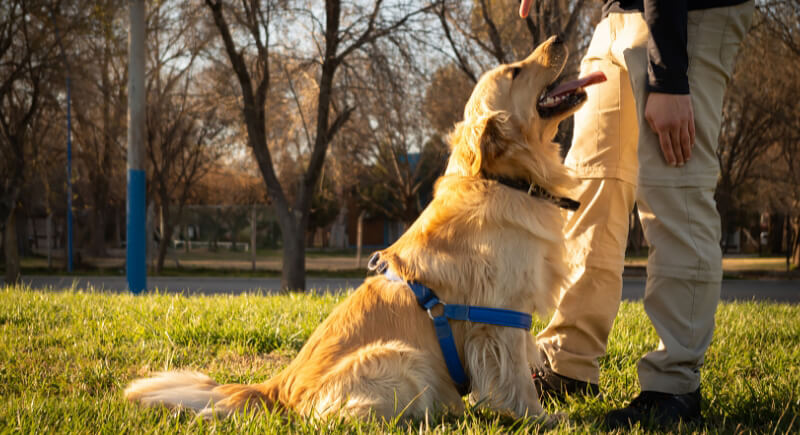
Credit: Canva
Years of experience have shaped senior pets into calm, cooperative companions. Many are already house-trained, leash-mannered, and responsive to basic cues, which reduces stress for new owners. They allow adopters to focus on bonding rather than discipline.
Clear Personality Snapshot
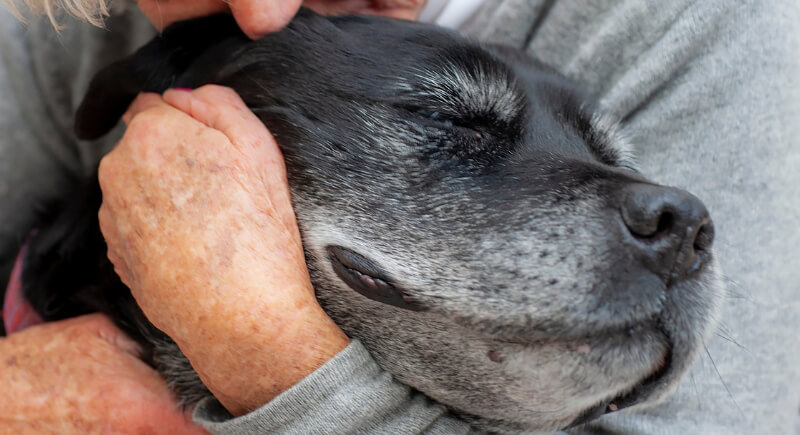
Credit: Getty Images
With senior pets, surprises are rare. Their size, energy, and temperament have settled, which gives adopters a clear picture of how they’ll fit into the household. Meeting a mature pet means seeing the whole personality on display, not just a part of who they might become later.
Less Likely to Be Adopted
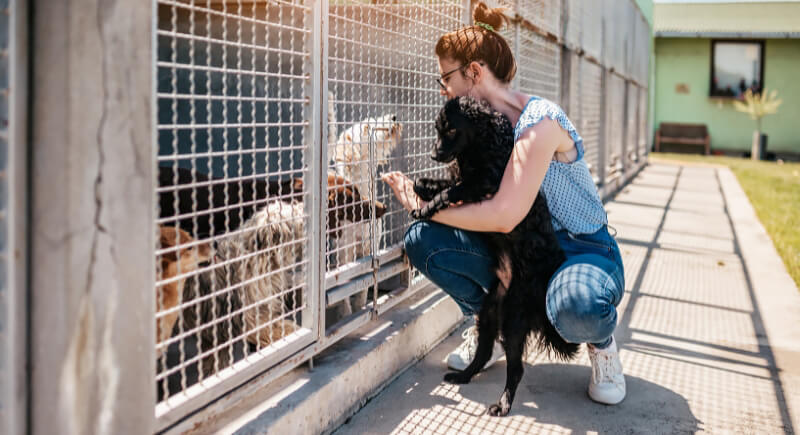
Credit: Getty Images
Shelters often fill with energetic puppies and kittens that catch attention first, but leave senior animals overlooked. Adoption rates for older pets remain significantly lower than for younger ones. Bringing home a mature dog or cat gives your choice more meaning.
Curiosity Never Retires
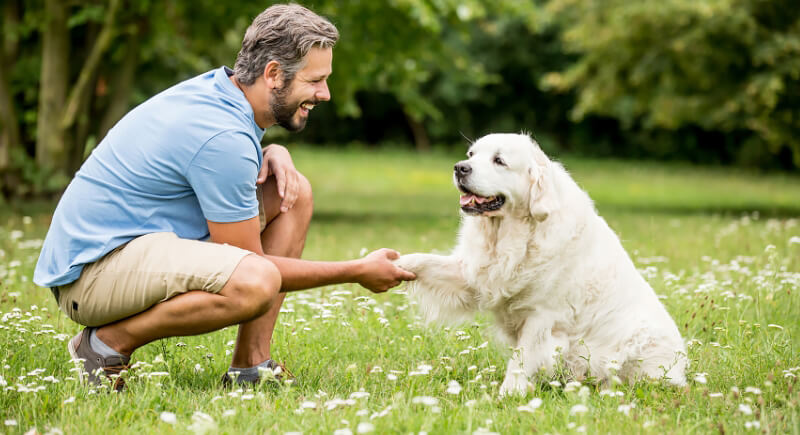
Credit: Canva
Even with slower steps, senior pets still crave discovery. They love short training sessions, new scents, or soft puzzle toys that challenge their minds. Their learning style is patient and thoughtful, driven by connection rather than speed.
Programs That Match Age With Owner
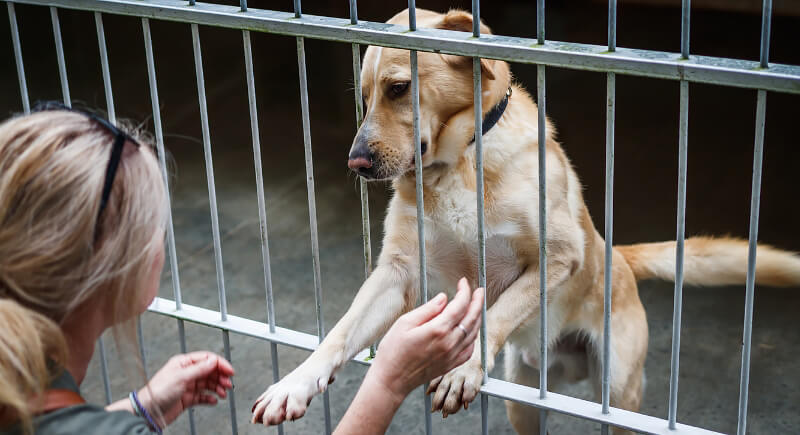
Credit: Getty Images
Across the country, shelters now run creative initiatives that pair senior pets with older adopters or those with similar lifestyles. These programs go beyond mere compatibility, as they foster community, reduce loneliness, and help both humans and animals form lasting friendships through mutual understanding and respect.
Time Together Can Feel Precious

Credit: Getty Images
Older pets remind people to appreciate smaller moments. Even short walks, shared naps, or quiet evenings carry weight when time is limited. Vets encourage people to focus on comfort and connection rather than years ahead. Daily consistency transforms ordinary interactions into meaningful experiences of mutual care.
Gentle Play Still Counts

Credit: Getty Images
Light activity helps older pets stay healthy and alert. The American Kennel Club reports that soft toys, mild fetch sessions, and food puzzles support both body and mind. Regular engagement also keeps joints flexible and moods balanced.
Health Benefits
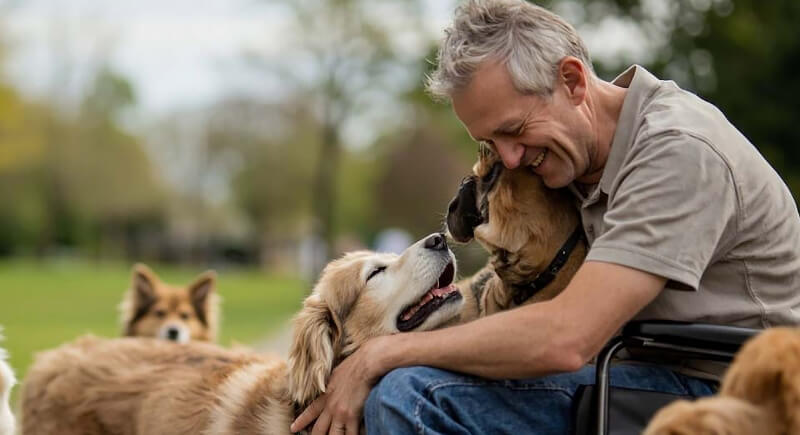
Credit: Images de Mohamed El Hassar
Studies from Colorado State University have shown that living with pets can lower blood pressure and alleviate anxiety. And similarly, senior animals benefit just as much when they find security in a calm home.
Easy Transition Into Home

Credit: anytka
Senior pets adjust quickly when their environment meets their needs. Simple touches, such as padded beds, ramps, or stable feeding areas, help them navigate comfortably. Their appreciation for routine and predictability eases the settling period.
Affection That Runs Deep
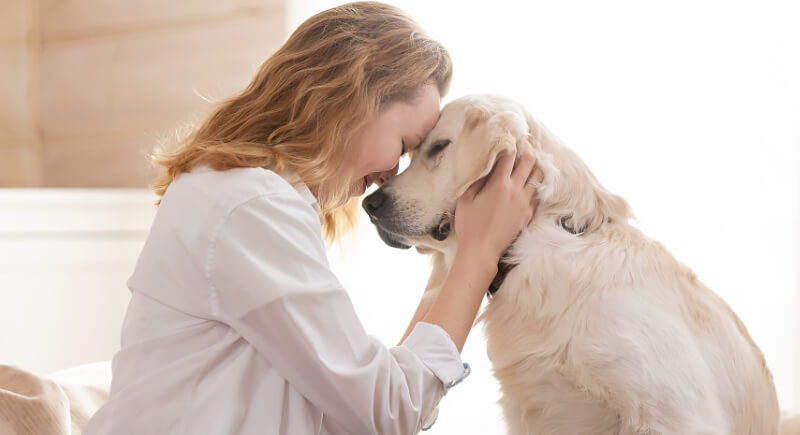
Credit: Getty Images
Senior pets often bring life experiences that shape their trust and reactions. Their affection shows in subtle ways, such as a gentle nudge or contented sigh beside you. Over time, gentle care rebuilds confidence, and the animal’s unique personality emerges.
Great Travel Buddies
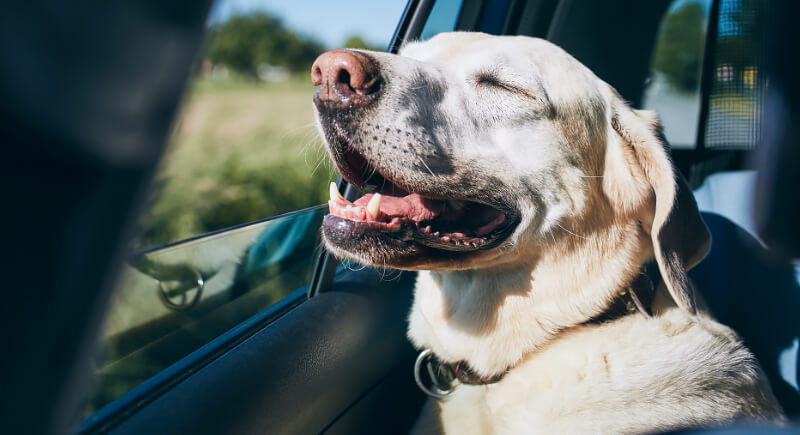
Credit: Canva
Traveling with senior pets tends to be more laid-back. Unlike younger pets, which may become restless during car rides or require constant stimulation, older pets are usually content to relax and enjoy the journey.
Often Already Socialized

Credit: Getty Images
Through years of experience with people and other animals, senior pets develop emotional intelligence and composure. They read human moods well, respect boundaries, and express affection calmly. This maturity enables them to integrate easily into multi-pet homes or family environments.
Less Likely to Have Separation Anxiety

Credit: Getty Images
Having experienced enough changes over the years, they’re generally more comfortable being left alone for short periods. Unlike younger pets that might struggle with separation anxiety, older animals tend to be more relaxed and can be trusted to settle down when you leave, which can be a relief for those with busy schedules.
Experts at Making Small Spaces Feel Like Home
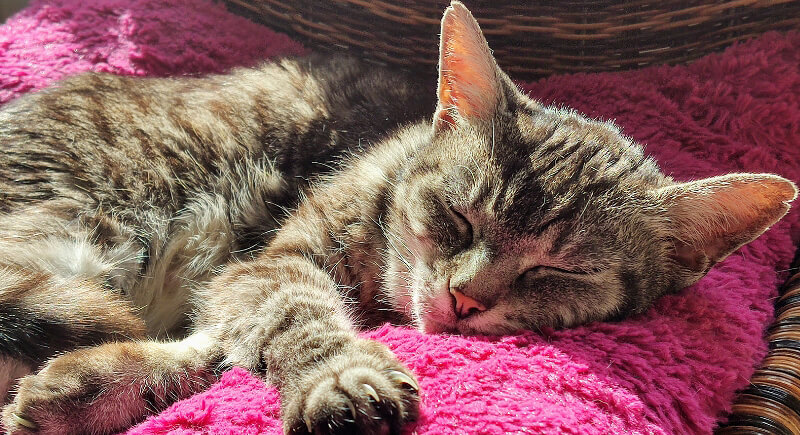
Credit: Getty Images
Older dogs and cats quickly find comfort in cozy environments. They adapt easily to apartments or smaller homes by choosing favorite corners, sunny windowsills, and soft spots to rest. Their calm demeanor and minimal space needs make city living smoother.